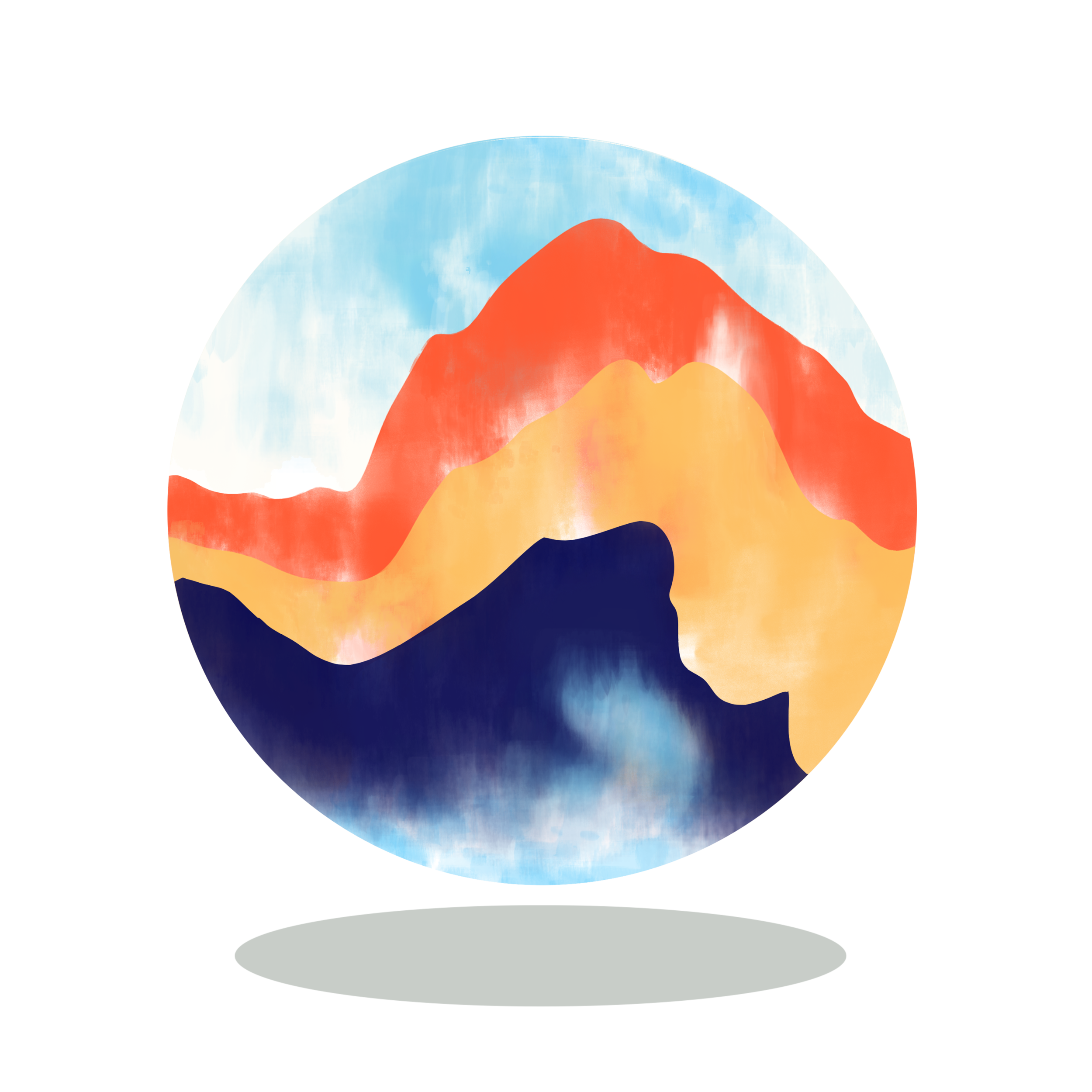Ways of Knowing
An audio show about the humanities
Season 2: Cosmic Visions
From the edges of blackholes and ripples of gravitational waves to distant exoplanets and the birth of the universe, astrophysicists are unraveling the mysteries of the cosmos at an unprecedented rate. While these discoveries are made possible in part by new technology, they are driven by a spirit of inquiry that is as old as humankind.
In this twelve-part series we are exploring that spirit of inquiry, which spans tens of thousands of years, was cultivated by civilizations around the globe, and has been shaped by ways of thinking that may seem at first entirely “unscientific.” Cosmic Visions is produced in collaboration with Johns Hopkins University.
Episode 1 - Moon Stories: Storytelling was one of the earliest ways humans tried to make sense of the heavens. The first object of major study was the moon, and that's because of an uncanny ability it has to keep time.
Episode 2 - Babylonian Astrology: Some four thousand years ago, Babylonians began collecting celestial data for what would be come, arguably, the longest-running project in the history of science.
Episode 3 - The Beautiful Order: In the 6th Century BCE, Ancient Greeks began thinking about the cosmos in a fundamentally new way. Their novel approach led them to believe the things they saw in the night sky were not ethereal, but solid bodies—balls of fire or rock that may even have inhabitants of their own.
Episode 4 - The Mayan Zero: In the 9th century CE, Mayan astronomers were able to calculate the period of Venus down to the minute. They were only able to achieve this unrivaled accuracy because they had developed one of the most important mathematical concepts in human history, the zero.
Episode 5 - Deep Patterns: Near the end of the 11th century CE, there was a crisis in China’s Song Dynasty. The imperial calendars were filled with errors. To fix them, the imperial court would have to reform one of the most essential institutions in the empire: The Bureau of Astronomy.
Episode 6 - Kepler’s Fiction: "Somnium" is considered one of the first pieces of science fiction. The short story, written in 1608, recounts a trip up to the moon. There are magical beings, aliens, drugs, and a perspective of the stars that would fundamentally change how people understood the solar system.
Episode 7 - Aliens: An observational error in the 19th century leads to a belief that there is an advanced alien civilization on mars...which leads to a boom in astronomy investment, research, and actual discoveries, including a new world in the solar system.
Episode 8 - Dante's Universe: With the telescopes of the 20th century, astronomers began to see a universe that just so happened to resemble the cosmos as described by a 13th century Italian poet…Dante Alighieri.
Episode 9 - Picturing the Universe: Some of the most iconic images we have of the universe closely resemble 19th-century landscape paintings of the American West. A big part of the reason has to do with how scientists interpreted visual data from telescopes like Hubble.
Episode 10 - Sonic Gravity: The story of how gravitational waves were finally discovered and how we are making sense of them.
Epilogue - Sounds of Space: There's a lot to hear in outer space if you change the way you listen.
